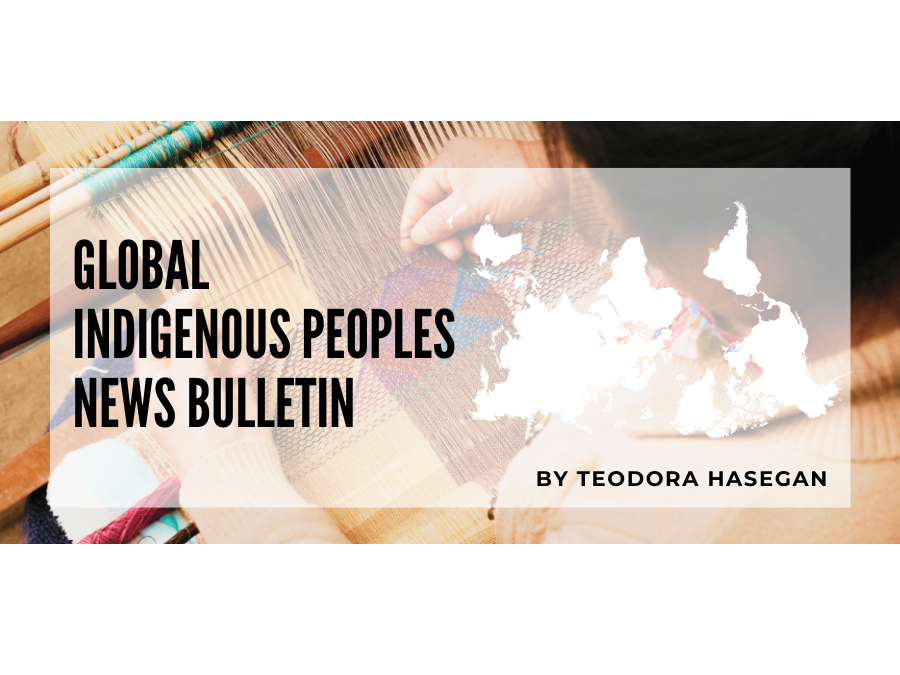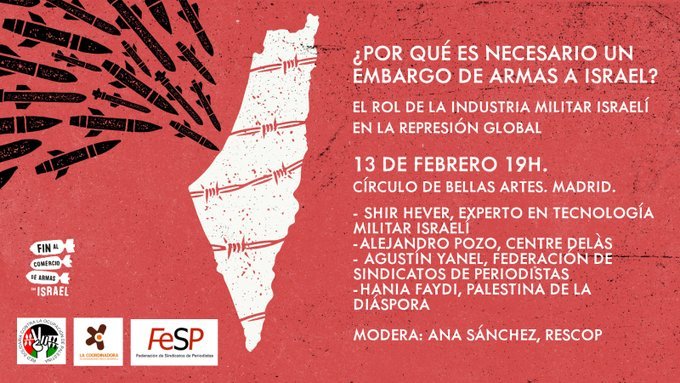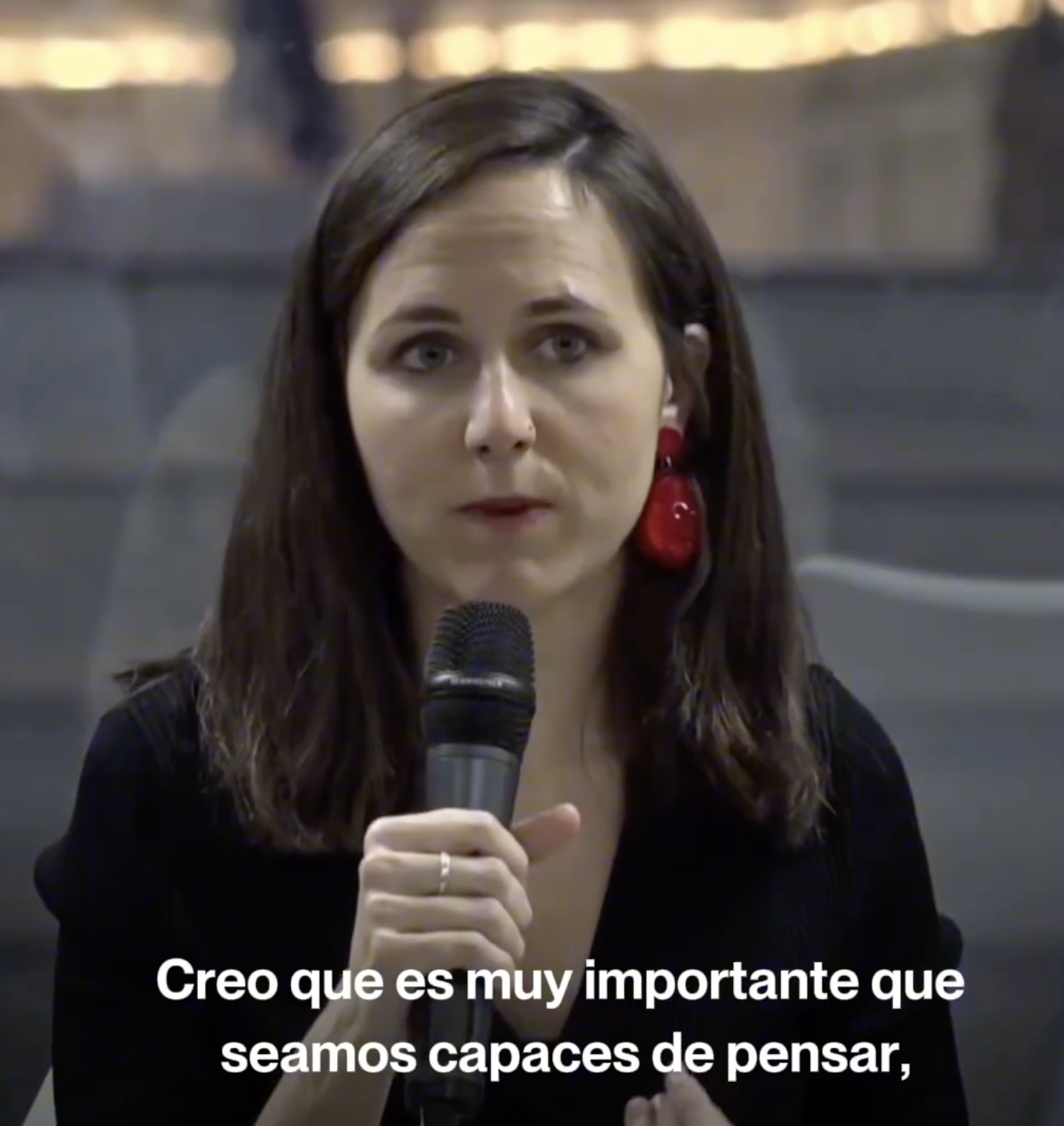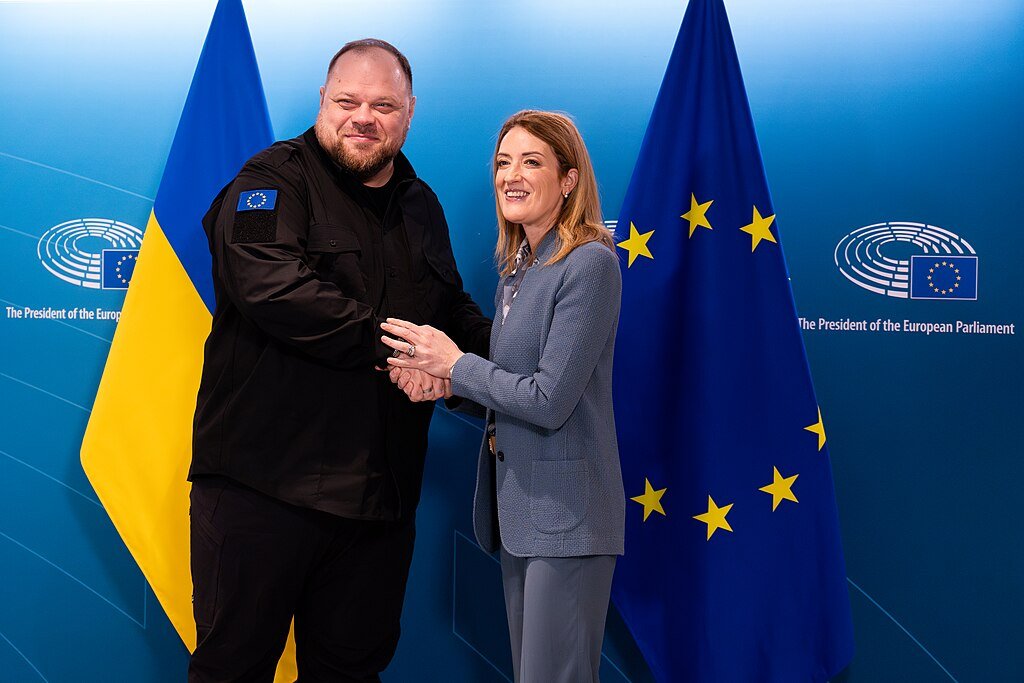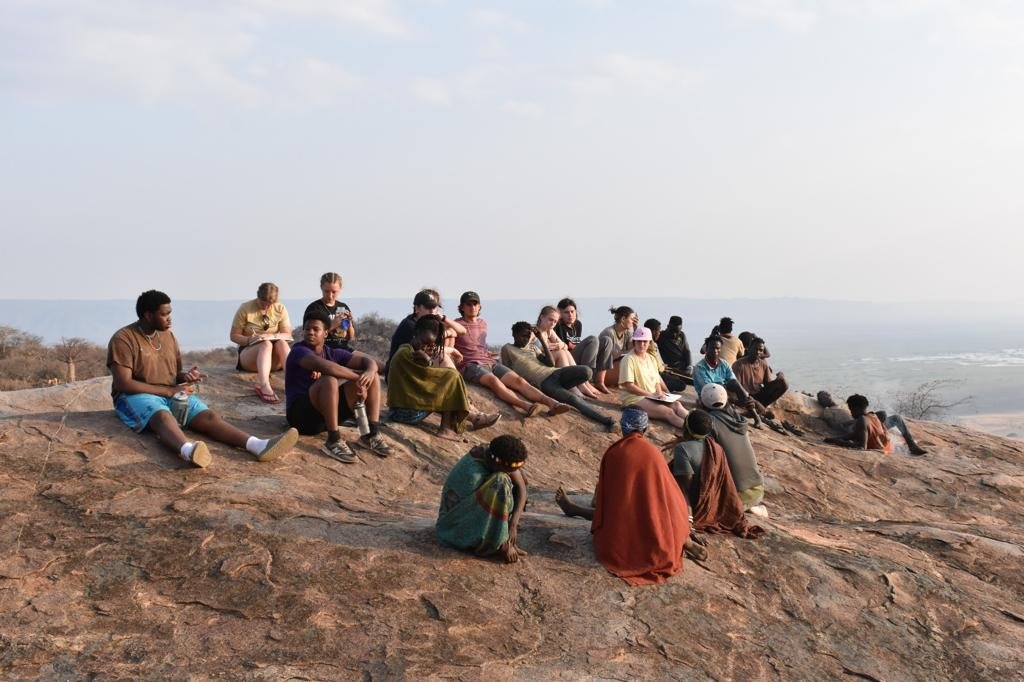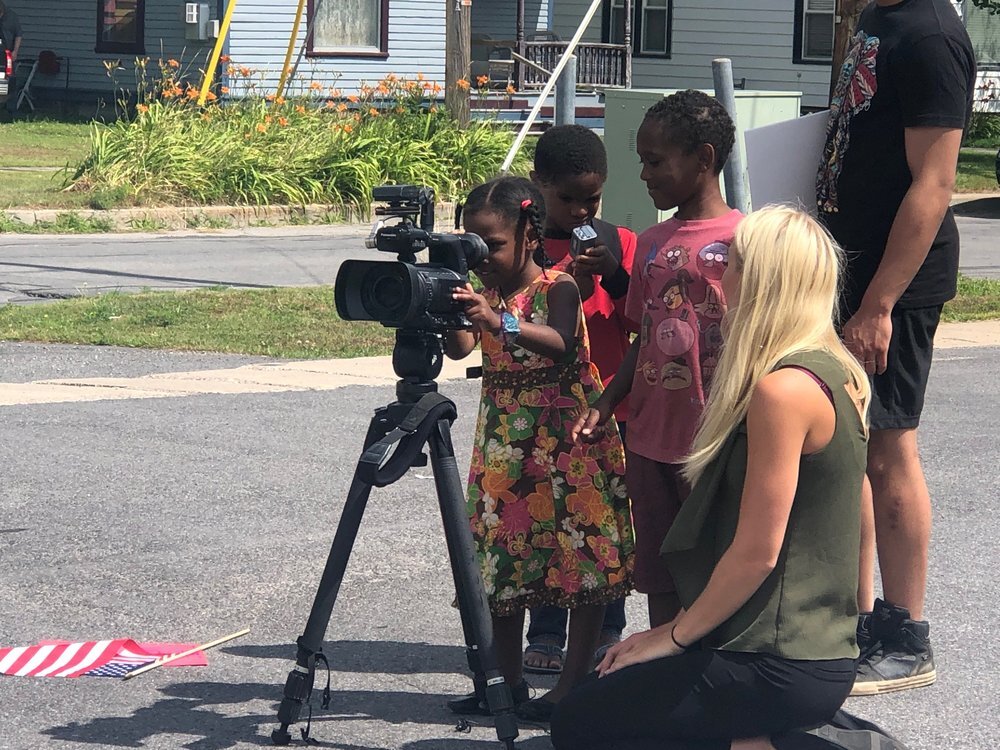
Stories
News

Analysis
Voices
Podcast
Announcements
Events

All Stories
Shifting Ground: Farming, Land Use, and Food Sovereignty
In the first installment of her new “Shifting Ground” series, Himanee Gupta-Carlson introduces us to the experiences that have led her and her husband to make a commitment to “cultivating food security on a regional level through regenerative agricultural practices and participating in food sovereignty movements worldwide.” The series will trace their journey over the coming year as they move their farm to a new location following racialized protests against their agricultural practices in their current location.
Talking Wings - The Collective Behind the Summit
In the final installment of his series on Decolonization and Food Sovereignty, Derek Sherrange introduces us to Tzintzun Aguilar-Izzo and Blake Lavia of the Talking Wings Collective, the driving voice behind the North Country Art, Land & Environment Summit beginning on September 9, 2020.
Food Sovereignty and the Future of Regenerative Farming
In his third article previewing the upcoming North Country Art, Land, and Environment Summit to be held from September 9 to October 2, Derek Sherrange draws on the work of educator and farmer Dr. Himanee Gupta-Carlson to explore the concept of food sovereignty and its relevance for the work of overcoming settler-colonial structures and building regenerative forms of agriculture.
Ecocentrism – Looking to Other Ways of Knowing
In his second article previewing the upcoming North Country Art, Land, and Environment Summit to be held from September 9 to October 2, Derek Sherrange draws on the work of Dr. Claudia Ford (SUNY Potsdam) to explore the tensions between mainstream (settler) environmentalism and indigenous paradigms grounded in ecocentrism and traditional ecological knowledge.
On Settler Colonialism: Hearing from the Kanien:keha'ka (Mohawk) Nation
In preparation for the upcoming North Country Art, Land, and Environment Summit to be held from September 9 to October 2, Derek Sherrange begins a new series on food sovereignty and decolonization. In this first installment, Sherrange provides an overview of the concept of settler colonialism and shares the insights of Katsitsionni Fox (Bear Clan), a Kanien:keha'ka (Mohawk) artist, filmmaker, and educator.
Sentiments of a Black Scientist: Letter to My White Colleagues
“You have the privilege to choose when you want to listen, reflect, and act on diversity in STEM. Because you have chosen, for now, to listen, can I make a suggestion? Rather than replying with sympathy, stories, and silver linings, develop a plan for what you’re going to do to change.” In his contribution to our Surviving PWIs for POC series, Charles Scaife writes a letter to white scientists.
How Was Your Weekend?
To break the awkwardness of a group discussion, a student asks, “how was your weekend?” For Namarig Kram, the question from a white classmate was a window into the dynamics of racism on and around her university campus in northern NY. Read her story in the latest installment of our Surviving PWIs for POC series.
On the Materiality of Solidarity
“Remember the solidarity here and everywhere…” Beginning with this quote from the legendary Palestinian scholar Edward Said, John Collins offers some reflections on a recent panel discussion where he and colleagues from Mexico, Palestine, and the UK discussed the looming threat of Israeli annexation and the changing conditions within which activists around the world express their solidarity with Palestine’s struggle for liberation.
Straddling Gratitude and Resentment
In the latest installment of our Surviving PWIs for POC series, Karen Chalamilla reflects on her postgrad education at SOAS (University of London). “Simply being critical of Euro-patriarchal thinking will never be enough,” writes Chalamilla. “Its dominance runs too deep. If this is what academic institutions consider to be decolonization, then we ought to question whether the project is worth our energy at all.”
White Privilege, COVID-19, and the End of Capitalism
In the widespread protests against police violence following the murder of George Floyd, Blake Lavia sees evidence of how COVID-19 has brought the problems of a “racist economic system” into sharper view. Can the current uprisings hold the key to addressing both the climate crisis and the need to build a more just economic system? The challenge, Lavia argues, is for white people to look themselves in the mirror, go beyond performative solidarity, and work actively to dismantle oppressive systems.
SLU Faculty Letter to the Community About Systemic Racism in America
A statement released on June 11, 2020, by members of the local AAUP chapter at St. Lawrence University (Canton, NY) and other St. Lawrence faculty members in response to systemic racism and the nationwide and worldwide protests against following the police killing of George Floyd.
Huetar Norte: Complex Fruits of Globalization in Costa Rica
In the age of globalization and “free trade,” global consumers are accustomed to having access to a wide variety of fruits from around the world. Like all products, however, this fruit is grown, circulated, and consumed in ways that generate complex effects at all scales, from the local to the global. As part of our Glocal Dispatches series, Melissa Pérez Sancho reports on the case of the pineapple industry in Costa Rica and the questions this case raises regarding social, economic, and environmental justice.
Bolivia Faces a Double Battle
The effects of the coronavirus pandemic intersect with the effects of other social, political, and environmental problems throughout the world. Reporting from Bolivia, Gabriela Paz Ferreyra Barrientos explores how Bolivian society finds itself caught between ongoing political instability and a public health emergency: “Violence and confrontation in Bolivia require an urgent democratic election, yet the health of Bolivians is crying out for them to stay home and take care of themselves.”
Open Letter to the American People from Burma/Myanmar Human Rights/Activist Groups
This open letter from Burma/Myanmar human rights activists was originally published on Facebook and is reprinted here with the permission of the authors. It expresses “solidarity with American people protesting against racism and police brutality.”
The Killing of George Floyd: International Reactions (UPDATING)
This post gathers international responses to the killing of George Floyd in Minneapolis. While this is obviously a major news story in the United States, it is important to understand that the world is watching is well. The post will be updated regularly.
Campus Quarantine: A Student Documentary
Weave News is proud to join The Hill News (the St. Lawrence University student newspaper) in co-publishing Campus Quarantine, a new documentary about students stuck on campus during the COVID-19 pandemic. Filmed and directed by Meiting Li, the documentary features excerpts from interviews conducted with St. Lawrence students, including graduating seniors, who remained on campus during the period of “remote learning” at the end of the Spring 2020 semester. What was it like for them? What challenges have they been facing? What have they learned from the experience, and what are they looking forward to?
Let's Celebrate Earth Guardians and Environmental Solutions
On this Earth Day, we from the Talking Wings Collective are saying no to doom and gloom. Especially during the current pandemic, it is easy to succumb to an apocalyptic worldview. But we must also celebrate the brave work of human communities who are striving to plant the seeds of global/local change. At this very moment, these “earth and water guardians” are pushing back the hands of the doomsday clock and working against time to create a sustainable and regenerative future.
Quarantine Demands Rethinking the 'Educational Factory'
Sara Monggaard reflects on the implications of the pandemic for the experience of university students. “I believe in this period of monumental global pause, unity and introspection, we have a unique window to look forward. It is time to tear our structures apart and rethink the purpose of ‘education’ with restructured learning objectives and methods. What does it mean to be educated? What should education prepare us to tackle?”
Return to Materialism: COVID-19 Fieldnotes for Upstanders
Łukasz W. Niparko writes: In recent days, we have read enough dystopian visions of the post-COVID world. I do not want to write another one. Because in the hands of upstanders rests the choice between dystopia, maintenance of the status quo, or perhaps a quasi-utopian victory for all of humanity. While being under lockdown, or while on the subway, we have the choice to rethink the losses of the past 30 years and be upstanders before others steal the few freedoms we still have left.

